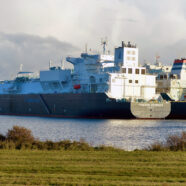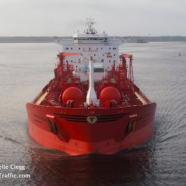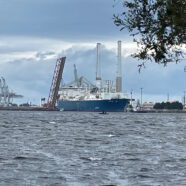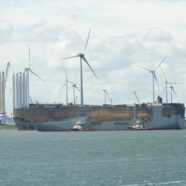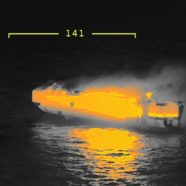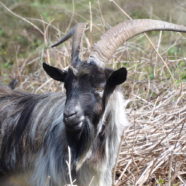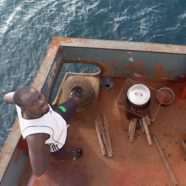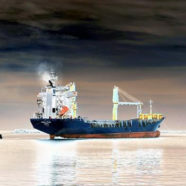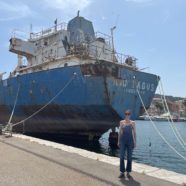Le Havre Gas Terminal in its Terminal Phase
Update – September 18, 2023: Arrival of the Cape Ann in the port of Le Havre at 11:30 a.m. Exit from François 1er lock at 1:45 p.m. End of docking at Darse de l’Océan at 3 p.m. Three and a half hours – that’s how long it will take to go the other way in the event of a gas leak or fire. You can only see this in Le Havre.
Update – September 15, 2023: The Cape Ann has slowed down. Her arrival off Le Havre is now scheduled for late afternoon on Sunday September 17.
*****
September 13, 2023 – 5:30 p.m.
All aboard !
The Fremantle Highway caught fire around midnight on July 25, 2023 in the North Sea. She had departed Bremerhaven, Germany and was bound for Singapore. She was carrying 3783 cars, including BMWs, Mercedes and Rolls-Royces. When the fire broke out, the Fremantle Highway was in the midst of heavy maritime traffic and close to the Wadden Islands, famous for their exceptional biodiversity. The evacuation of the 23 crew members, including 21 Indians, turned out very badly (1 fatality and 7 injured). The Fremantle Highway was towed to the port of Eemshaven in the Netherlands, and docked 9 days after the blaze started. The fire has been declared extinguished, but the Fremantle Highway was carrying 498 electric cars, and cobalt and lithium battery fires can be prone to unexpected resumption.
The European Union, accomplice of a slave shipowner
For exporting its livestock, the European Union has, through the Directorate-General for Health and Food Safety, approved the Nader A and the Janay, two substandard ships that accumulate technical, social and environmental infringements. Behind the Switzerland-registered shell company Abdin M in and behind the Marshall Islands-registered shell company Princess Maya Shipping, the real owner of these two substandard ships is AMJ Marine Services, 1195, Old Saida Road, Choueifat (Lebanon).
U-grain : Robin des Bois keeps a close watch (continued)
As of December 18, 2022, 563 ship departures from the Ukrainian ports of Chornomorsk, Odessa and Yuzhny have enabled the export of 14,194,211 tons of agricultural produce under the Agreement of July 22, 2022 between the United Nations, Ukraine, Russia and Turkey. The European Union (6,251,402 t), China (1,876,057 t) and Turkey (1,831,283 t) are the main importers. Intended to fight the global rise in foodstuff prices, the Agreement will also serve to fight thirst and beer shortages with the export of more than 600,000 tons of barley.





